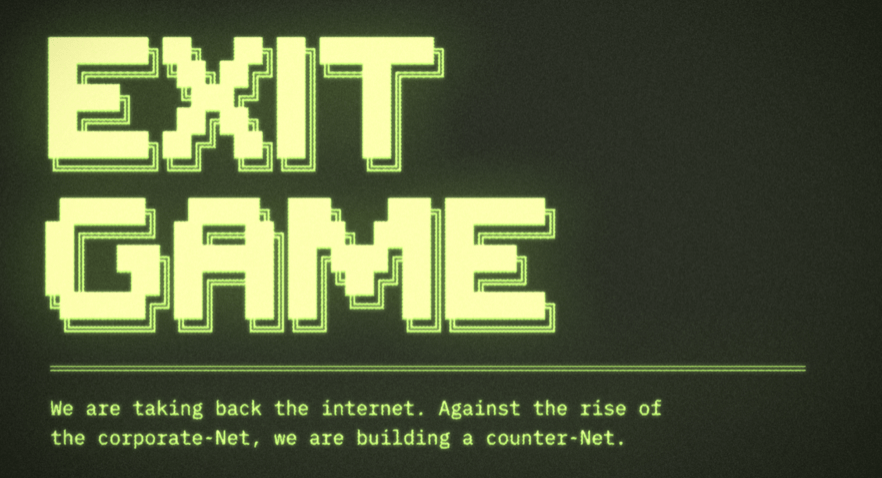Table of Contents
- Few understand what is coming financially
- Holding fiat will not protect you
- A traditional hedge
- Bitcoin even better?
- Now is a time for decision
Retail investors with any ‘savings’ must be wondering where on earth they are going to put them in order to survive the potential armageddon to come.
Few understand what is coming financially
The fact probably needs to be faced that the vast majority of the world’s citizens still have no clue of the financial maelstrom that will hit them at some point over the next few months or years.
Governments take advantage of, and it probably could be argued that they encourage, the ridiculously low level of financial education among the citizenry in general.
If it weren’t for various internet platforms even those who do want to know what is really happening would just be stuck with media such as television where even the most benign debates are just a circus show and an excuse for proper economic conversations among experts.
Holding fiat will not protect you
So back to the savings, a process once viewed as a perfectly normal and intelligent thing to do. Anyway, people still do it, probably blissfully unaware of how what they have saved has reduced in purchasing power - the more drastically the longer it has been saved.
It could probably be safely argued that in general keeping one’s currency in traditional areas such as bonds, stocks, and even in real estate, will not protect the wealth of the individual if the worst is to happen.
What could that ‘worst’ be? That doesn’t come into the scope of this article, but suffice to say that a black swan, such as a really bad recession, could lead to governments having the excuse they need to impose their central bank digital currencies (CBDCs), and then also bring in their ‘great reset’, which could make the existing fiat currency worthless. That sort of scenario and how it might be survived is indeed food for thought.
A traditional hedge
Traditionally, in order to add some measure of protection and insurance to one's portfolio, gold is the asset to have. This is still true today, although with the caveat that the gold price is still arguably manipulated by banks. Even so, gold should at least protect what you have.
Bitcoin even better?
This finally brings us to Bitcoin, an asset that is similar to gold, in that it has a scarce supply, and cannot be debased, although it must be recognised that gold does have a 2% inflation each year which is equivalent to the newly mined supply that is added to the total of above ground stocks.
Contrary to this, Bitcoin has a halving every 4 years that is built into the code, and this cuts the supply in 2. Add to this the portability of bitcoin - it recognises no national borders and can be sent to anyone in any country in the world, cheaply and without any bank, regulatory agency or government being able to say no.
Gold and silver have had their prices manipulated on the Western LBMA and COMEX exchanges for decades, so even though they are sound money they have been able to be controlled by the big banks.
Bitcoin is outside of the system so the banks and government cannot do much about it. However, the recent Blackrock Bitcoin Spot ETF filing could be a first step for government, through the proxy of the world’s largest asset manager, to be able to start exerting some control over Bitcoin should at least one scenario play out.
Now is a time for decision
We have arrived at the junction of a new world order and what the average investor does now can go a long way towards protecting them in what is likely to be a very different monetary system.
Bearing in mind that all fiat currencies in history have always gone to zero, it will be incumbent for every investor to watch their government and central bank very closely and to do their research on the options that might protect them.
Disclaimer: This article is provided for informational purposes only. It is not offered or intended to be used as legal, tax, investment, financial, or other advice.
Investment Disclaimer











